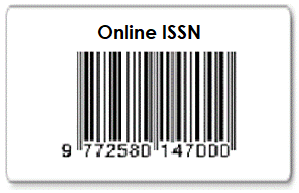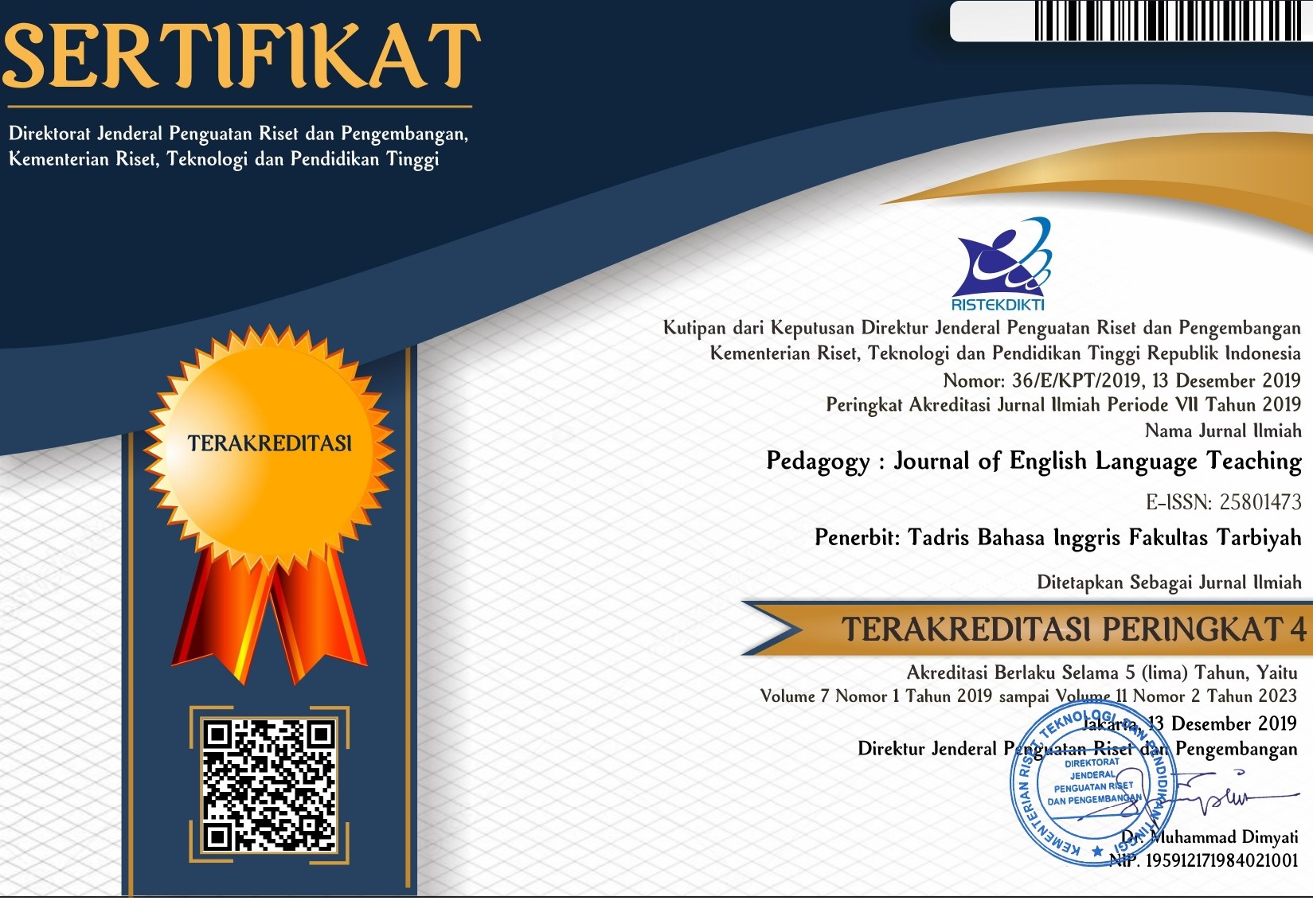Parents’ Perceptions of Their Young Children’s English Literacy Acquisition: A Narrative Inquiry
DOI:
https://doi.org/10.32332/joelt.v9i1.3066Keywords:
early literacy development, English reading, family context, young children, narrative inquiryAbstract
The purpose of this study is to explore the families’ perceptions of their contribution in promoting their young children’s early English literacy acquisition. The researchers used questionnaires and interview to collect the data. The researchers applied an in-depth open-ended interview to two families who have a role in promoting their children’s English literacy development. The researchers also applied questionnaires to support the data. The researchers used a survey to apply the questionnaire to the respondents. The result showed that most of the parents in Indonesia hadn’t given their awareness of their children’s early English literacy acquisition. Since English was categorized as the foreign language of Indonesian people, most of the families did their mother language (L1) at home with their children. Thus, there are two implications of this study. The first implication of this study is to increase the parents’ awareness of the benefit of implementing children’s early English literacy. The other implication for English Language Teaching is to help the teacher and school institution to have collaborated with the parents to increase the development of children’s early English literacy. Thus, the teacher can teach English easier and may achieve the learning goals which are very useful for all parties (parents, children, and teachers) in the future.
















